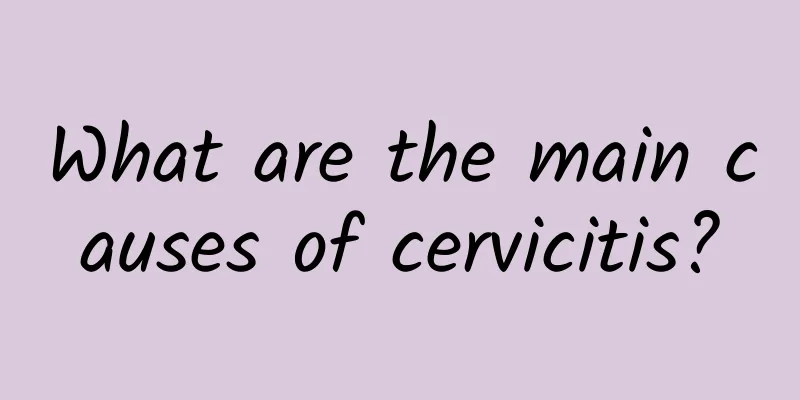What to do if your vulva is itchy

|
Vulvar itching is a common health problem for women, and its causes are varied, including hygiene habits, infection, allergies, etc. In the face of this problem, reasonable coping measures can effectively relieve symptoms and help women recover their health. The first step in dealing with vulvar itching is to keep the vulva clean and dry. Use mild cleaning products and avoid over-washing that disrupts the natural balance of flora. At the same time, choose cotton underwear with good breathability to reduce the irritation of the moist environment to the skin. If the itching is caused by a specific infection, such as candidiasis or vaginitis, you may need to use antifungal medications or antibacterial treatments as prescribed by your doctor. There are many causes of vulvar itching, including skin problems such as contact dermatitis and eczema, and even local manifestations of systemic diseases such as diabetes. Accurately identifying the cause is crucial for effective treatment. Women should pay attention to changes in their lives when symptoms occur, such as changing to new hygiene products or laundry detergents, which can help discover potential allergens. Preventing vulvar itching is equally important. Maintaining good personal hygiene, changing underwear regularly, avoiding the use of strong irritating chemicals, such as sanitary napkins or pads with heavy fragrances, and reducing the intake of spicy and high-sugar foods in the diet can all reduce the incidence of vulvar itching. When self-care fails to relieve the itching, or when symptoms are accompanied by abnormal discharge, pain, etc., you should seek professional medical help in time. A gynecologist can determine the exact cause of the itching through a detailed examination and necessary laboratory tests, and provide targeted treatment plans. Although vulvar itching is uncomfortable, it can usually be properly resolved through proper self-care and timely professional treatment. Female friends should pay attention to their own health, actively respond, and ensure that their quality of life is not affected. |
<<: How to prevent adenomyosis
>>: Can painless abortion cause ovarian cysts?
Recommend
What is the difference between uterine cysts and fibroids? Are uterine fibroids the same as cysts?
What is the difference between uterine cysts and ...
The symptoms of chronic cervicitis are characterized by four aspects
The symptoms of chronic cervicitis mostly appear ...
How to treat endometrial tuberculosis in hospital
What are the treatments for endometrial tuberculo...
The culprit for elephant legs and butterfly sleeves is not oil, but "water"! Learn 3 quick emptying tricks
Do you wake up in the morning with a fatter face,...
Let’s find out together, what is high prolactin?
High prolactin is also called hyperprolactinemia,...
What are the sequelae of threatened abortion?
In today's society, excessive stress in urban...
Will uterine fibroids eat blood and cause anemia?
Uterine fibroids may cause anemia. The main reaso...
Is eating black grapes the best way to supplement iron for iron deficiency anemia? Nutritionist reveals: Top 10 fruits with the highest iron content
Do you often feel cold hands and feet, pale face,...
What are the dangers of abortion for women? How can women nourish themselves after abortion?
In modern society, people's minds are becomin...
What are the obvious symptoms of vaginal candidiasis?
What is candidal vaginitis? What are the symptoms...
Body fat countermeasures! Japanese experts share tips on eating good oils
Oil is an indispensable nutrient for the human bo...
Can you get pregnant with endometrial tuberculosis?
Endometrial tuberculosis is an issue that many fe...
The difference between benign and malignant ovarian cysts
What are the symptoms of ovarian cysts? What are ...
Interpretation of the etiology of Trichomonas vaginitis from the perspective of traditional Chinese medicine
Among the many views on the causes of trichomonia...
Pelvic inflammatory disease care is very important in life
The treatment of pelvic inflammatory disease must...









